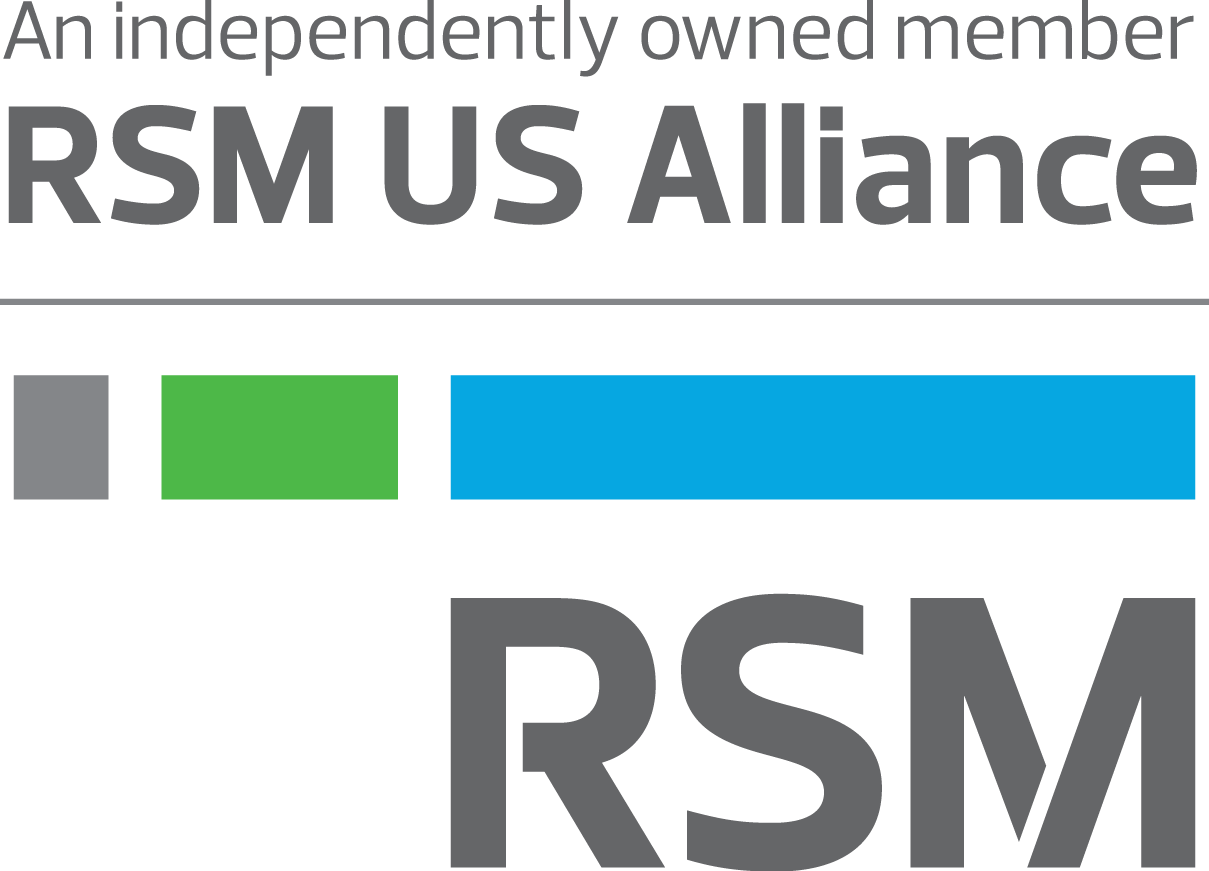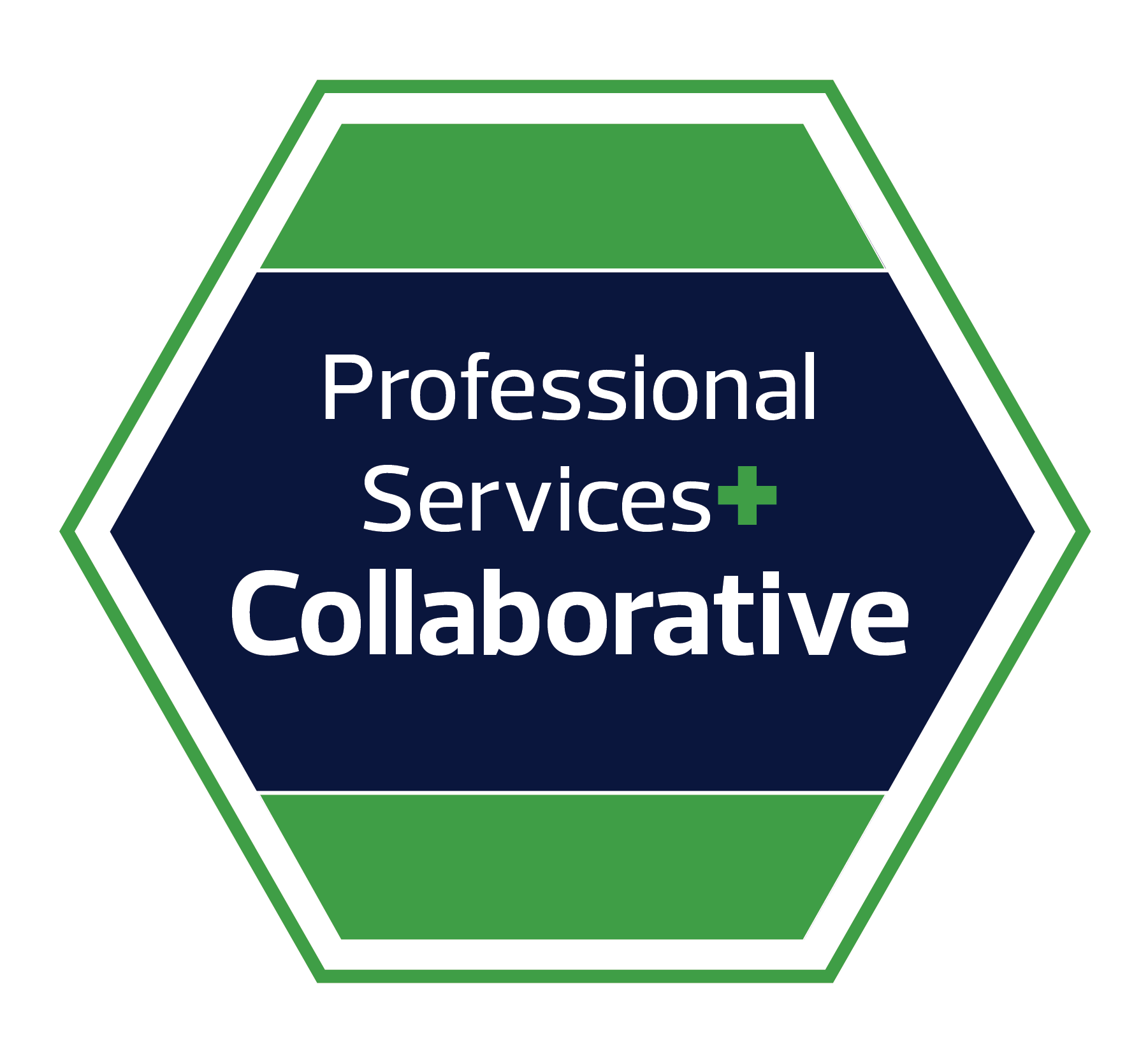Authored by RSM US LLP
Executive summary: Interim guidance clarifies certain corporate minimum tax issues
On Dec. 27, 2022, the Department of the Treasury (Treasury) and the Internal Revenue Service (IRS) announced (Notice 2023-7) their intention to issue proposed regulations addressing the application of the new corporate alternative minimum tax (CAMT), which was added to the Internal Revenue Code (Code) by section 10101 of the Inflation Reduction Act of 2022.1 Specifically, Notice 2023-7 provides interim guidance regarding certain time-sensitive issues intended to be addressed by the forthcoming proposed regulations. Treasury and IRS also request comments on what issues forthcoming proposed regulations should address, including specific items enumerated in section 9 of the notice. In addition, they anticipate providing further interim guidance on the CAMT prior to issuing proposed regulations.
The interim guidance is effective for taxable years beginning after Dec. 31, 2022, which mirrors the effective date of the new CAMT.
Interim guidance provided by Notice 2023-7
The Inflation Reduction Act of 2022 (the IRA) contains a new corporate alternative minimum tax of 15% (the CAMT) for certain large corporations with consistently high financial statement income. We provided an overview of the final version of the legislation in the following article: “The new corporate minimum tax: overview and highlights.” The CAMT imposes a 15% tax on the “adjusted financial statement income” of certain corporations and corporate groups that meet at $1 billion average annual adjusted financial statement income test ($100 million in the case of certain U.S. corporations that are members of a foreign-parented multinational group—provided the multinational group also meets the $1 billion threshold). Corporations and corporate groups that meet these threshold tests are known as “applicable corporations.” At a basic level, a taxpayer’s adjusted financial statement income is its financial statement income or loss, with certain adjustments.
On Dec. 28, 2022, the IRS and Treasury released Notice 2023-7, announcing their plan to issue proposed regulations addressing the application of the new CAMT. Notice 2023-7 provides interim guidance regarding certain time-sensitive or year-end issues that will be addressed in more detail in upcoming proposed regulations. The notice states that the IRS and Treasury plan to issue additional interim guidance on issues not addressed in the Notice addressing other CAMT issues before publishing proposed regulations. Below are some brief highlights of the key areas of the IRS and Treasury in the Notice. RSM will issue a more detailed analysis of the topics covered in the notice in the coming days.
Safe Harbor for Determining Applicable Corporation Status – Notice 2023-7 permits corporations and corporate groups to use a simplified method to determine if they meet the average annual adjusted financial statement income test. However, the rules around applicable corporation status contained in the Notice create complexities in determining whether the thresholds in the IRA are exceeded.
Certain Corporate Partners and Applicable Corporation Status – In determining applicable corporation status, Treasury and the IRS acknowledge there is uncertainty as to whether a corporate partner takes into account its distributive share of adjusted financial statement income of the partnership when partner and partnership are not a single employer under sections 52(a) or (b). The reference to the single employer concept in determining the distributive share creates complexities which the Notice attempts to clarify, but still leaves unanswered questions.
Depreciation Adjustments – Under the new CAMT, adjusted financial statement income is reduced by tax depreciation and then increased by any book depreciation deductions. The allowance for tax depreciation is generally favorable to taxpayers. This rule can affect whether a corporation meets the average annual adjusted financial statement threshold(s) as well as reduce the amount of tax under the CAMT. Notice 2023-7 provides a complex set of rules for adjusting financial statement income to reflect tax deprecation (rather than book), including special provisions around when the property is put in service.
Nonrecognition Transactions and Adjusted Financial Statement Income – Treasury and the IRS acknowledge that a financial statement may reflect gain or loss from certain nonrecognition transactions involving corporations or partnerships. Notice 2023-7 provides that such gain or loss from nonrecognition transactions generally does is not reflected in the calculation of adjusted financial statement income. However, it is not clear how certain partially taxable nonrecognition transactions will be handled.
Consolidated Groups and Calculation of CAMT – For purposes of calculating the CAMT, Notice 2023-7 provides (without further explanation) that consolidated groups are treated as a single entity. The Notice leaves questions, however, around certain aspects of short tax years and dynamic groups in applying these concepts.
The Notice requests comments on a number of items not addressed in the Notice, for example, around the distributive share of partnership income, special partnership rules for determining adjusted financial statement income, and potential expiration of applicable corporation status.
As noted above, these rules constitute interim guidance until regulations are issued, but leave open more questions on which clarity is needed. We recommend that taxpayers unsure how to apply these rules consult with their tax advisors.
1 P.L. 117-169 (Aug. 16, 2022).
This article was written by Patrick Phillips, Mark Schneider, Eric Brauer and originally appeared on 2023-01-01.
2022 RSM US LLP. All rights reserved.
https://rsmus.com/insights/tax-alerts/2023/Treasury-IRS-release-interim-guidance-corporate-minimum-tax.html
The information contained herein is general in nature and based on authorities that are subject to change. RSM US LLP guarantees neither the accuracy nor completeness of any information and is not responsible for any errors or omissions, or for results obtained by others as a result of reliance upon such information. RSM US LLP assumes no obligation to inform the reader of any changes in tax laws or other factors that could affect information contained herein. This publication does not, and is not intended to, provide legal, tax or accounting advice, and readers should consult their tax advisors concerning the application of tax laws to their particular situations. This analysis is not tax advice and is not intended or written to be used, and cannot be used, for purposes of avoiding tax penalties that may be imposed on any taxpayer.
RSM US Alliance provides its members with access to resources of RSM US LLP. RSM US Alliance member firms are separate and independent businesses and legal entities that are responsible for their own acts and omissions, and each are separate and independent from RSM US LLP. RSM US LLP is the U.S. member firm of RSM International, a global network of independent audit, tax, and consulting firms. Members of RSM US Alliance have access to RSM International resources through RSM US LLP but are not member firms of RSM International. Visit rsmus.com/aboutus for more information regarding RSM US LLP and RSM International. The RSM(tm) brandmark is used under license by RSM US LLP. RSM US Alliance products and services are proprietary to RSM US LLP.

Lauterbach, Borschow & Co. is a proud member of RSM US Alliance, a premier affiliation of independent accounting and consulting firms in the United States. RSM US Alliance provides our firm with access to resources of RSM US LLP, the leading provider of audit, tax and consulting services focused on the middle market. RSM US LLP is a licensed CPA firm and the U.S. member of RSM International, a global network of independent audit, tax and consulting firms with more than 43,000 people in over 120 countries.
Our membership in RSM US Alliance has elevated our capabilities in the marketplace, helping to differentiate our firm from the competition while allowing us to maintain our independence and entrepreneurial culture. We have access to a valuable peer network of like-sized firms as well as a broad range of tools, expertise, and technical resources.
For more information on how the Lauterbach, Borschow & Co. can assist you, please call us at (915) 544-6950.


